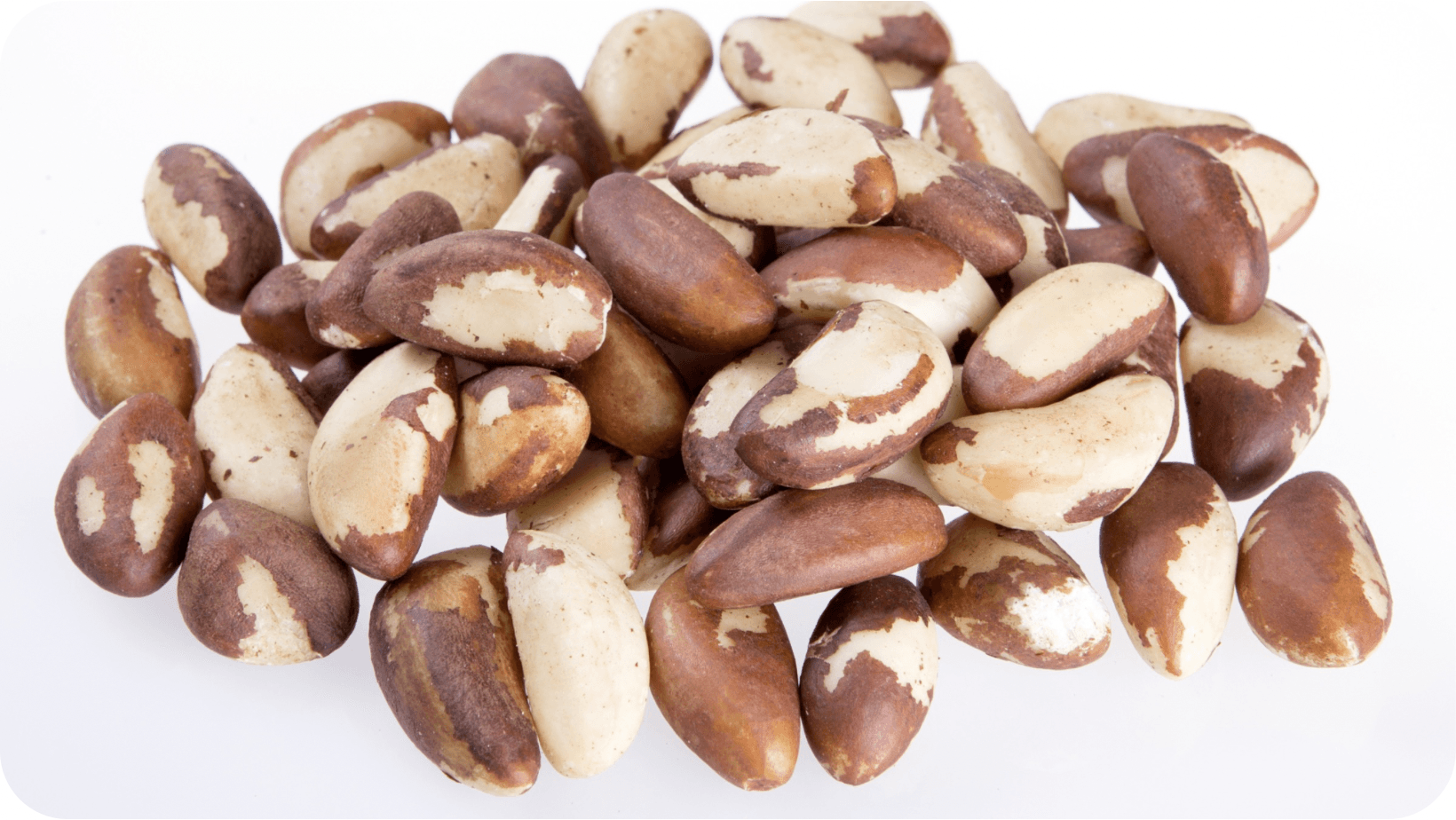Optimise plant-based success with these 5 nutritional tips
The popularity of plant-based diets reflects a global shift towards healthier living and a conscious move away from animal agriculture.
While the benefits are clear, the transition to a plant-based diet can have a few teething problems. Overcoming common stumbling blocks will help you thrive on a long-term plant-based diet.
I'm always hungry!
Part of the solution is understanding calorie density (the number of calories relative to the food’s weight). For example, spinach has 23 calories/100g, whereas tofu contains 144 calories/100g.
Many plant foods such as fruits, vegetables, and other water-rich foods tend to be low in caloric density, which means you might need larger portions to feel satiated and to get sufficient calories.
Emphasise nutrient-dense, protein-rich options (protein is the most satiating macronutrient) like legumes, nuts, seeds, whole grains, and foods such as tofu, tempeh, and seitan. These foods not only satiate hunger but offer a diverse nutrient profile and sustained energy, making them the cornerstone of a satisfying, nourishing diet.
Am I getting everything I need?
Ensuring you meet all your nutritional needs can be a genuine concern when new to a plant-based diet. The solution to this is knowledge and a balanced plate.
Research the nutrients we need, find out where to get them in our diets, and picture your next meal as a blank nutritional canvas. Ensure you paint it with your plant-based proteins, iron-rich greens, omega-3s, essential vitamins and minerals and, of course, any supplementation such as B12.
Balancing your plate in this way for at least the first few weeks will ensure you obtain all the necessary nutrients, leaving you with peace of mind that you are not compromising your nutritional needs.
When aiming to fulfil your nutritional requirements, it's advisable to track your food intake during the first few weeks, as this practice helps cultivate an intuitive understanding of specific amounts of various foods needed to obtain essential nutrients as well as making sure you’re eating enough calories - Cronometer is a great option.
For instance, recognising the quantity of food for particular nutrients and pairing it with another to fulfil additional nutritional needs, and including a brazil nut for daily selenium intake, it’s a valuable tool to gain insights into essential nutrient intake.

Boredom strikes again!
Food monotony can be a challenge for new plant-based eaters. The key to this is to embrace diversity on the plate. The world of plant-based eating offers a rich tapestry of flavours, colours, and textures.
When I gave up animal produce, I was no longer eating chicken, eggs, beef, fish, and dairy; initially, when serving food, it felt like a restrictive plate when serving food.
But, since then, I've tried thousands of new foods, some I never knew existed within the spectrum of fruits, vegetables, grains, and legumes. These diverse food choices are not just joyful for the taste buds but also nourish the gut microbiome. These microorganisms thrive on the variety of plant-based foods you consume, contributing to better digestion, immune system and overall well-being.
When you're next in the shops, pick up something new you haven't tried before and test it out at home.
There are millions of amazing recipes at your fingertips: follow recipe creators online, try new flavours of foods, cultures and cuisines, and embrace the diversity that our foods and recipes allow.
Consider incorporating gradual changes into your meals when transitioning from a meat-heavy diet.
Breakfast offers a simple opportunity to embrace a vegan approach, with options like oatmeal. Make subtle substitutions for dinners, such as in the case of chilli. Instead of using minced meat, opt for lentils. The remaining components of the recipe, from spices to beans and tomatoes, are inherently plant-based. These small adjustments can have a significant impact, transforming traditional recipes into delicious and plant-centric alternatives.
The bloat blues
If you are relatively new to plant-based eating, you may encounter temporary bloating as your digestive system adapts to the increased fibre intake.
This is usually temporary, as your body adapts to the ‘new normal’ as you gradually introduce fibre-rich foods and adequate hydration. It moves into an adjustment period as the body acclimatises. At this time, patience is key, and before you know it bloating will be a distant memory (hopefully!).
Dr. Alan Desmond, Consultant Gastroenterologist, says, “Take heart, [if you are struggling] because the evidence tells us everything settles down within about four to six weeks. If you are still finding it challenging and you feel that your digestive system isn't reacting too well to the sudden change in your approach to food, then good advice is to take a step back, take a little break, and then come at it gradually.”

Fibre is crucial for digestive health as it is pivotal in promoting a healthy gut environment while feeding our microbiome. Two different types of fibre are used within the body: soluble fibre helps regulate blood sugar levels and lowers cholesterol, whereas insoluble fibre adds bulk to stools and helps with movement through the digestive tract; both types nourish beneficial bacteria.
Plant fibres serve as prebiotics, acting as a food source for the gut microbiota, which are the trillions of microorganisms in our digestive tract.
When we consume various plant-based foods rich in fibre, such as fruits, vegetables, and whole grains, these fibres reach the colon largely undigested; in the colon, beneficial bacteria within the gut microbiota ferment these fibres.
This fermentation process produces short-chain fatty acids which are required for the integrity of the gut lining, to maintain the gut’s immune system, and to protect against pathogens.
The fermentation of fibres by gut bacteria helps maintain a balanced microbial community. It promotes the growth of beneficial bacteria, which contribute to a healthy gut environment.
Plant-based living on a budget
A common misconception is that plant-based diets are inherently expensive. While it’s true that certain processed vegan products such as your mock meats or speciality plant-based desserts may be pricey, the heart of the plant-based diet lies in whole, unprocessed foods, which happen to be some of the most economical options available.
A stroll through the fruit and vegetable aisle reveals various affordable, nutrient-packed choices. Fruits, vegetables, legumes, and grains are often considerably cheaper than the processed or animal-based counterparts. Aisles featuring beans, lentils, and tofu provide budget-friendly protein for a fraction of the price.
Choosing whole plant-based foods benefits the body and the wallet; wholesome plant-based food doesn't have to break the bank.
Thriving on and sustaining a plant-based diet for the long term is achievable and a rewarding journey.
Once you travel through the initial obstacles, you set the stage for a lifelong plant-based journey promising a healthier you and a healthier planet, while encompassing well-being for the lives surrounding us on this eco-friendly path.
Explore the next level of understanding by delving into the essential nutrients that form the backbone of our plant-based diets, and deep-dive into essential B12.
